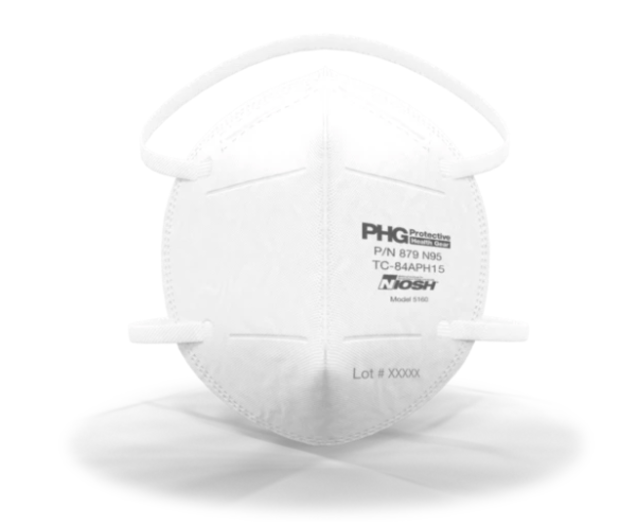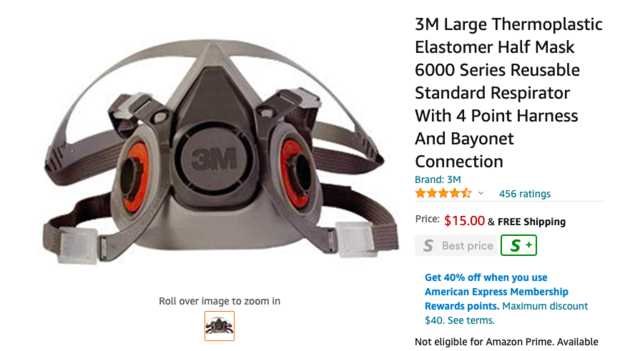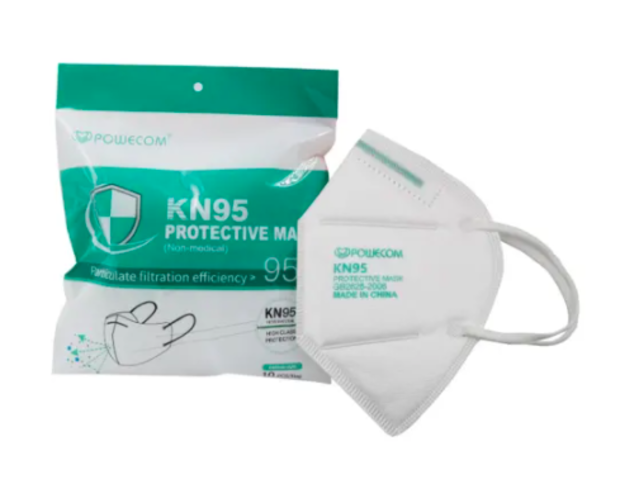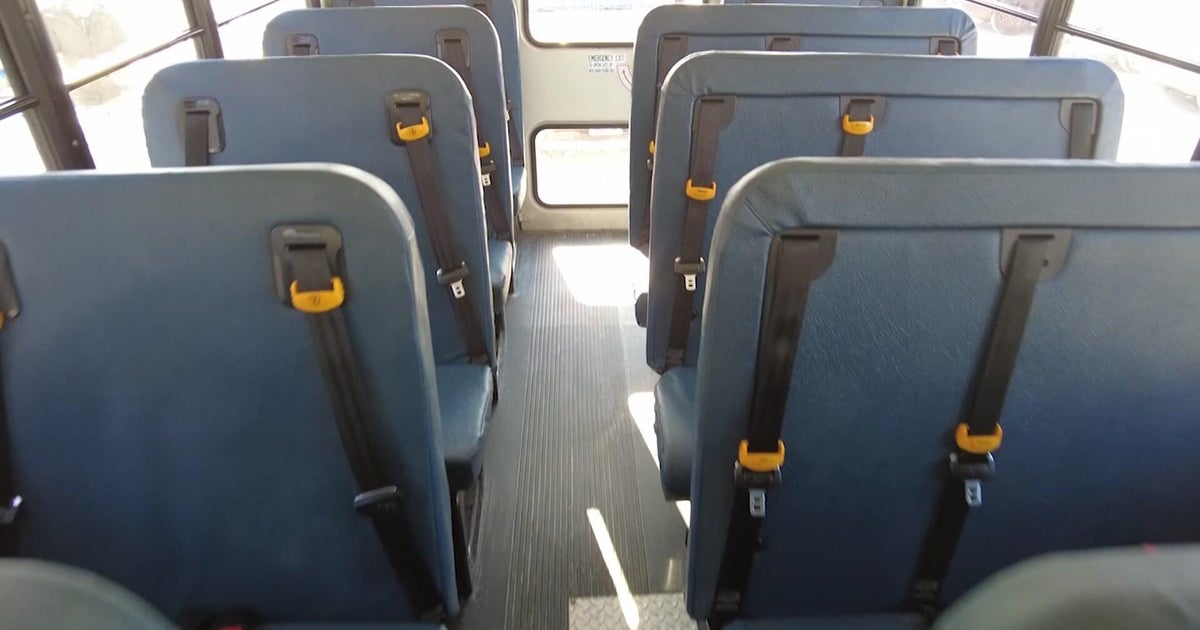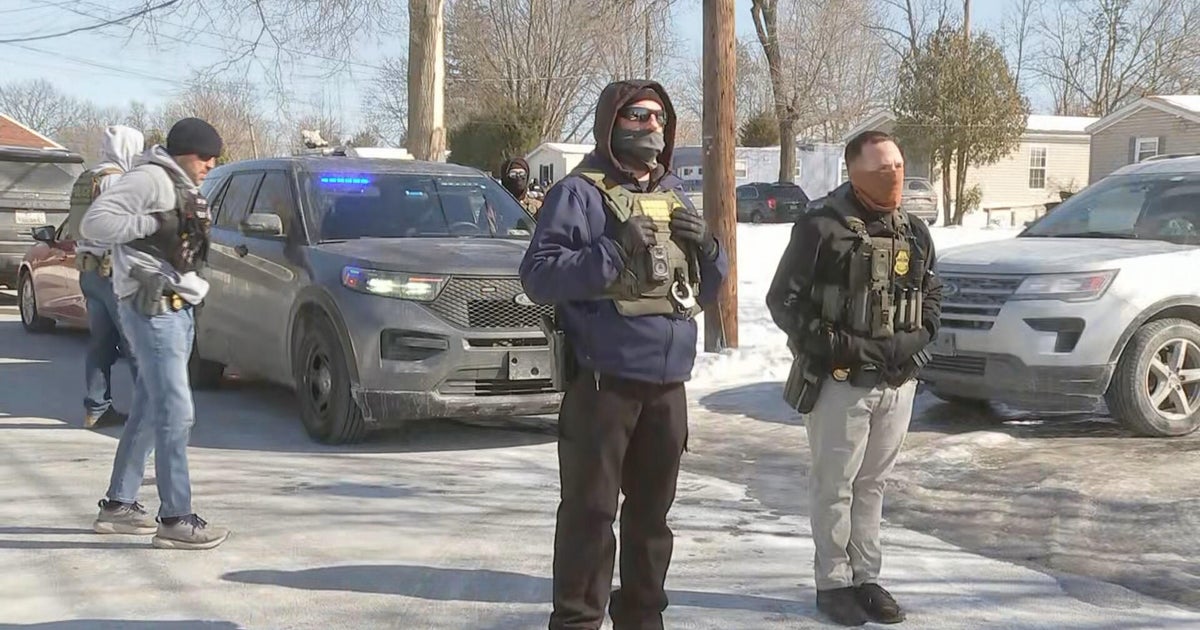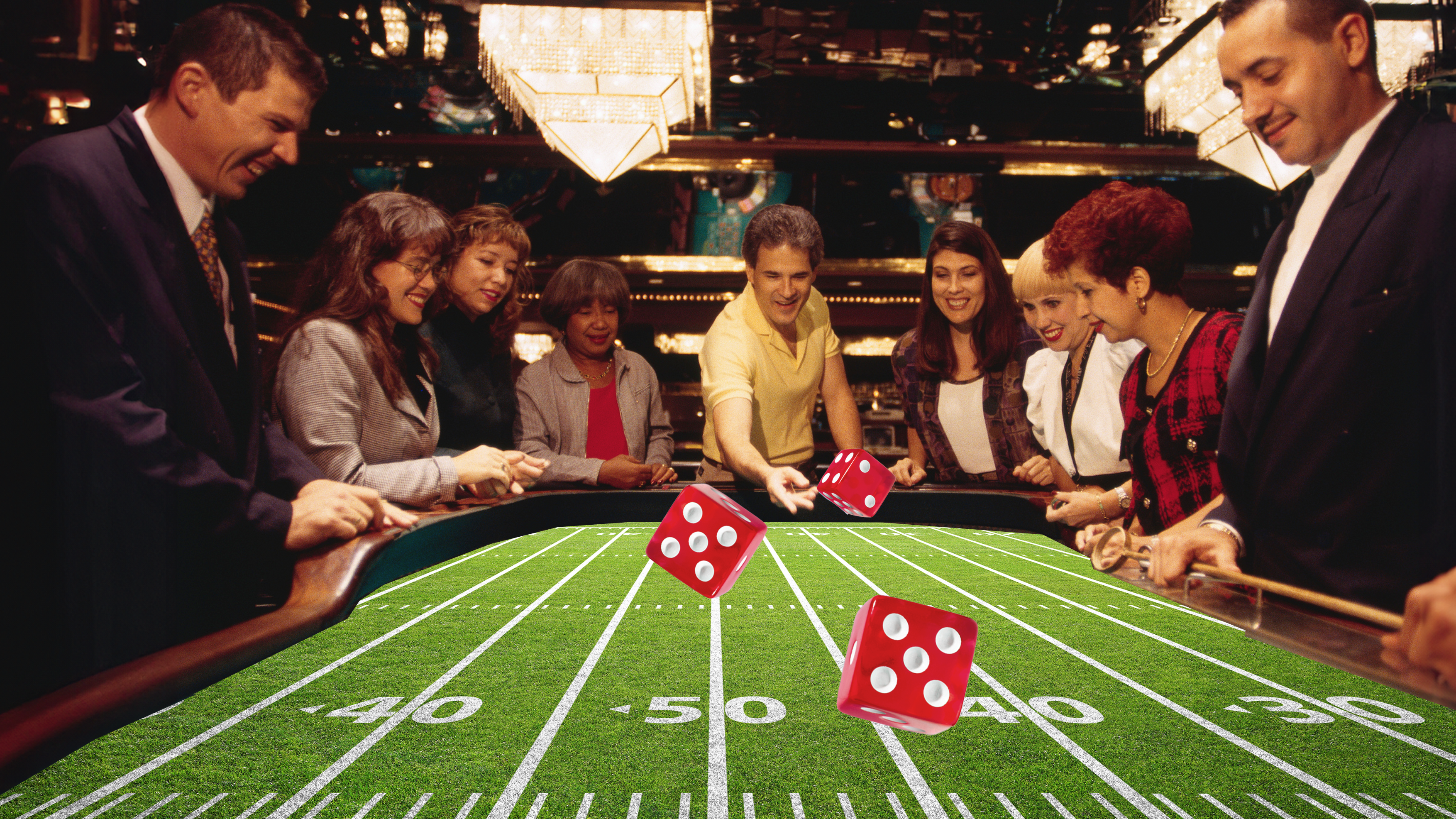Where to find an N95 or high-filtration mask for Biden's 100-day challenge
The Biden administration has issued a mask mandate, requiring individuals to wear masks on federal property, and he's encouraging all Americans to wear them in public for 100 days. Face coverings are also required on planes, trains, buses and at airports, renewing questions about which kinds of masks provide the best protection against COVID-19, as well as where to find them.
The goal of the "100 Days Masking Challenge" is to curb the rapid spread of the coronavirus, which has already claimed the lives of more than 400,000 Americans. Indeed, a study published on January 19 in the Lancet Digital Health journal Studies found that increasing mask-wearing across the U.S. by just 10% would significantly curb the transmission of the coronavirus.
Mask-wearing is even more effective when the face coverings fit properly and efficiently filter aerosol particles, according to medical experts.
"In addition to filtration, fit is the most important factor," said Devabhaktuni Srikrishna, founder of global-health platform Patient Knowhow, which curates educational health content for the general public.
"Even if you're wearing a high-quality mask, if it doesn't contact your face, it's going to leak all around. The best masks have a very solid, tight seal so that air doesn't leak. Effectively, a low fit equals low filtration," Srikrishna said.
Megan Ranney, an emergency physician at the Rhode Island Hospital, ranked generally available mask alternatives from most effective to least effective, noting that typically, any kind of face covering is better than none at all.
N95s provide the most filtration, according to Ranney, followed by so-called KN95 masks. Regular surgical masks are the next best option, followed by double-layer cloth masks with a filter worn in-between the two layers. Double-layer and single-layer cloth masks without filters tend to be the least efficient, she said.
"Anytime you take a step up, you're going to get a little more protection. Within cloth or homemade masks, things that make them better include having two layers of cloth with a filter in between the two layers, like a vacuum bag filter, and having the cloth be tightly woven," Ranney said.
Dr. Tom Frieden, who was the director of the Centers for Disease Control and Prevention from 2009 to 2017, echoed Ranney's advice in a tweet Sunday.
"N95 masks are the most protective masks, followed by three-ply surgical masks, then fabric masks. A fabric mask is a lot better than no mask, but we may need to step up our mask game if contagious Covid variants start to spread widely," he said.
The N95 — king of all masks
An N95 approval rating by the National Institute for Occupational Safety and Health means that a mask has been rigorously tested and verified by the federal government and filters at least 95% of airborne particles.
NIOSH maintains a list of approved respirators by brand. Because N95-approved masks remain in short supply, however, experts still recommend that they only be used by health care providers.
Health care and industrial product manufacturer 3M on Friday acknowledged that it is still struggling to meet demand from frontline workers, despite quadrupling production in the U.S. Currently, it is making 95 million respirators per month.
"I generally ask the public to not purchase N95s because the authentic ones are still in short supply for health care workers," Ranney said.
Proper fit, meanwhile, which is also key, is difficult for the layperson to achieve.
"Within health care, before we are allowed to go take care of patients in an N95 or equivalent mask, we have to go through fit testing where they have us move our head around and see if a bitter spray gets through the mask. An average member of the public can't do a fit test, that's why we've been hesitant to recommend that the public wear N95s," Ranney added.
Brian Wolin, whose work as a chiropractor has slowed since the onset of the pandemic, has been selling NIOSH-approved N95 masks through his company, Protective Health Gear, based in Paterson, New Jersey. Initially, his goal was to help meet hospitals' masks needs. He's now urging the general public to wear the respirators, too.
"We feel it's very important to sell to the general public now. I think if everyone on the planet wore one of these things for 30 days, we would take care of this thing," Wolin said.
He acknowledged the importance of fit testing in health care settings but insists that regular individuals can easily mold Protective Health Gear's masks to form a tight seal on their faces. A box of 50 N95 respirators costs $199 at protectivehealthgear.com.
While NIOSH-approved N95 masks are among the most rigorously tested for a variety of factors including filtration, breathability and durability, there are other effective alternatives suitable for general use when N95s aren't available.
Elastomeric masks
Srikrishna recommends reusable elastomeric masks, which are more durable and cost-effective than disposable N95s.
Elastomeric masks provide a high level of respiratory protection, and can be paired with disposable filters. The masks themselves are made of a flexible material similar to rubber and can be adjusted to fit snuggly across the wearer's face.
A 2020 study published in the Journal of the American College of Surgeons found that of those health care workers who swapped disposable N95 masks for the elastomeric variety — paired with a P100 filter — none returned to wearing an N95 mask.
"Our clinicians were very comfortable with the fit, knowing it was an equivalent if not superior amount of protection, and that these masks were intended to be reused," Dr. Sricharan Chalikonda, the study's lead author, said in a statement.
The elastomeric mask shell is sold separately from the filter. Srikrishna recommends pairing the masks with a P95 filter, as opposed to a P100 filter, for easier breathability. Another plus to elastomeric masks: They are relatively easy to find. A 3M version is available for $15 on Amazon, as are P95 particulate filters — sold separately.
The Centers for Disease Control and Prevention also approves the use of elastomeric masks, calling them "equivalent protection" to N95 masks.
KN95s from China
KN95 masks look similar to N95 masks but meet completely different standards. Whereas N95 masks are NIOSH-certified, KN95 masks meet the Chinese government's standards for certification.
Given that the quality of KN95 masks is wildly inconsistent, experts in the U.S. are leery of them, particularly those sold on platforms like eBay and Amazon. A September report from ECRI, a nonprofit health care safety organization, found that up to 70% of KN95 masks did not meet U.S. standards of effectiveness. In other words, they did not filter 95% of aerosol particulates, as their name suggests.
Of course, average consumers are unlikely to have the time and tools to inspect the masks themselves.
"In health care we generally avoid the KN95s at this point," ER physician Ranney said. Ranney is co-founder of GetUsPPE.org, a site that provides donated PPE to frontline workers and under-resourced communities.
Ranney said her organization received batches of donated KN95s, a number of which failed the group's inspection process. "Cloth masks that fit really well and have a filter in between layers are going to be more dependable," she said.
The Food and Drug Administration does however provide a list of KN95 masks it authorizes for emergency use by health care professionals.
Among them are KN95 masks from Chengde Technology, which cost $15 for a pack of 10. They're available here.
Powecom KN95 masks are also FDA-approved for emergency use. Office Depot sells a 10-pack for $10.
KF94s from South Korea
KF94 masks, which meet standards set by the South Korean government, are generally seen as more consistent in quality than the KN95's from China, but still are not fully approved for use in health care settings in the U.S.
Korean cosmetics company Be Healthy sells KF94 masks imported from South Korea from a variety of different manufacturers. All of the products sold by the online company must meet South Korean standards, and some are also approved for use in Europe.
A study from the National Center for Biotechnology Information, comparing the effectiveness of surgical N95 and KF94 masks, found both types of masks to be equally effective.
Unmasking counterfeits
Of course, given the shortage of N95 masks, counterfeits abound. Telltale signs of fake N95 respirators, according to the CDC, include masks with no markings or approval number on the face piece and no NIOSH markings. Other red flags include decorative add-ons such as sequins, and claims of approval for children. Packaging claims that a product is "legitimate" or "genuine" can also be indicative that it is not, according to the CDC.
